UN warns Lebanon’s fuel shortage puts millions at risk amid pandemic
A United Nations official for Lebanon says millions of people in the Arab country are at risk because of an acute fuel shortage that has caused disruption to electricity and water supplies to hospitals and households.
Najat Rochdi, who serves as Deputy Special Coordinator Resident & Humanitarian Coordinator for Lebanon, said on Thursday that fuel shortage could complicate health and water management problems in Lebanon as the country grapples with a serious outbreak of the coronavirus.
“With a new wave of coronavirus infections, the fuel crisis could exacerbate the health situation and the continuing shortage may affect the provision of life-saving treatments,” said Rochdi in a statement covered by Arabic newspaper Raialyoum.
The statement came hours after the Lebanese resistance movement Hezbollah said that it had coordinated deliveries of fuel cargoes from Iran to Lebanon.
Hezbollah Secretary-General Sayyed Hassan Nasrallah warned against any sabotage act against tankers carrying Iranian fuel to Lebanon, saying Hezbollah views the tankers as the Lebanese territory.
Media sources on Thursday reveled that notable Shia businessmen in Lebanon had paid for fuel purchases from Iran, meaning that the consignments did not belong to Hezbollah.
That comes as many in Lebanon view the fuel shortage and other economic problems as a product of constant political wrangling in the country.
Rochdi said in her Thursday statement that Lebanon’s fuel shortage needed an immediate response while insisting that the UN would welcome any effort to alleviate the crisis.
“The stakes are simply too high. Everyone must work together to find a sustainable and fair solution that serves everyone’s needs and protects the health and safety of communities,” said Rochdi, according to a translation of her remarks.
VIDEO | Press TV's news headlines
Iran Army chief vows ‘decisive’ response to any malicious act
Hamas leader rejects disarmament, foreign rule in Gaza
European dock workers strike against arms flow to Israel
#IR47: How 1979 Islamic Revolution ignited global movements – from South Asia to Africa and beyond
Iran’s 14th AFC futsal title after thrilling penalty shootout reinforces its Asian dominance
How Iranians made ice thousands of years before Europe
While fully prepared, Iran not after initiating regional war: Top general


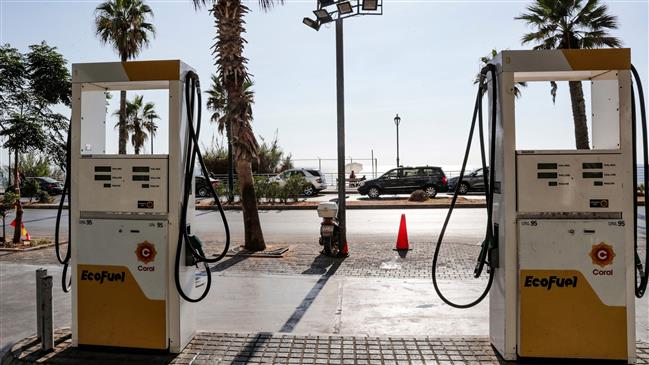
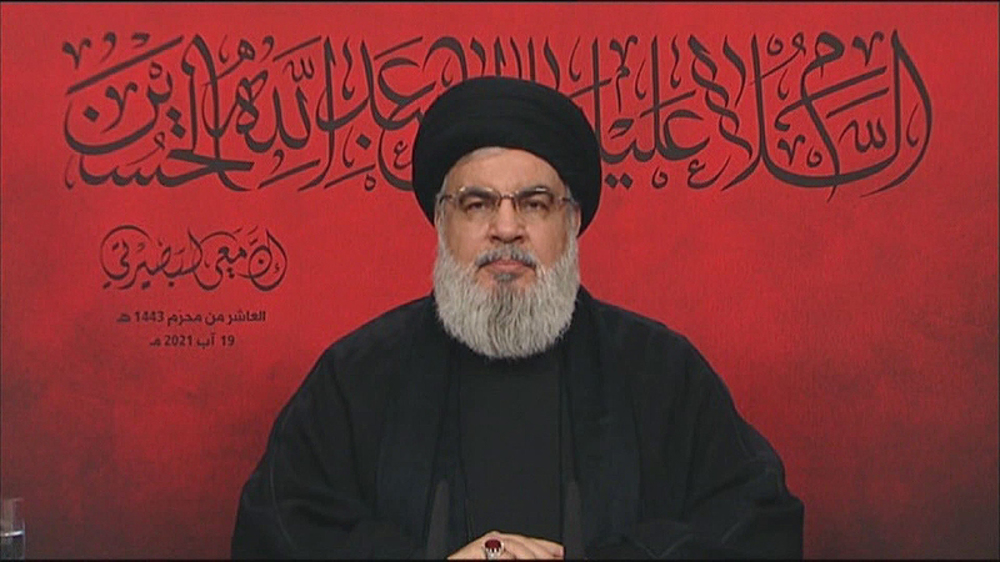
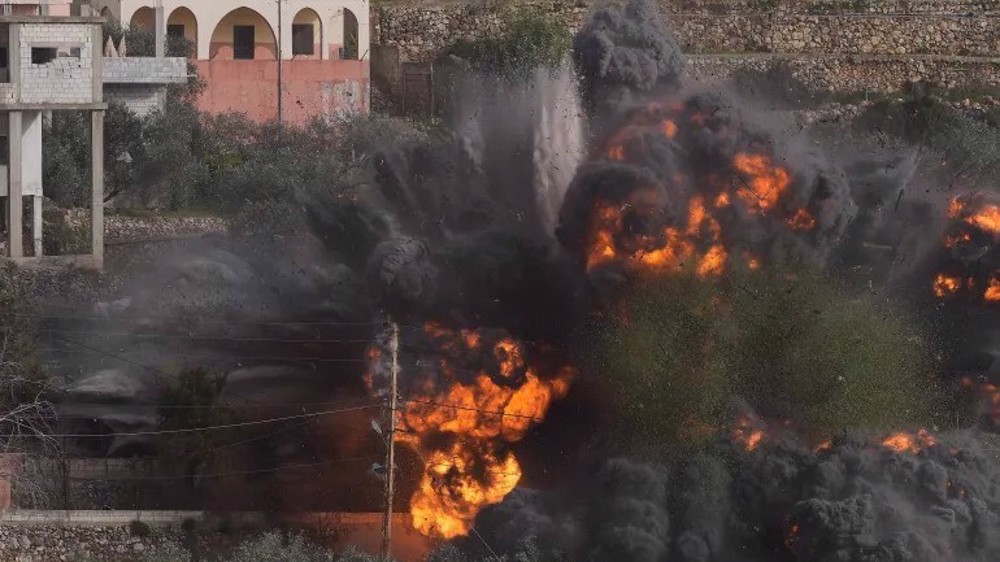
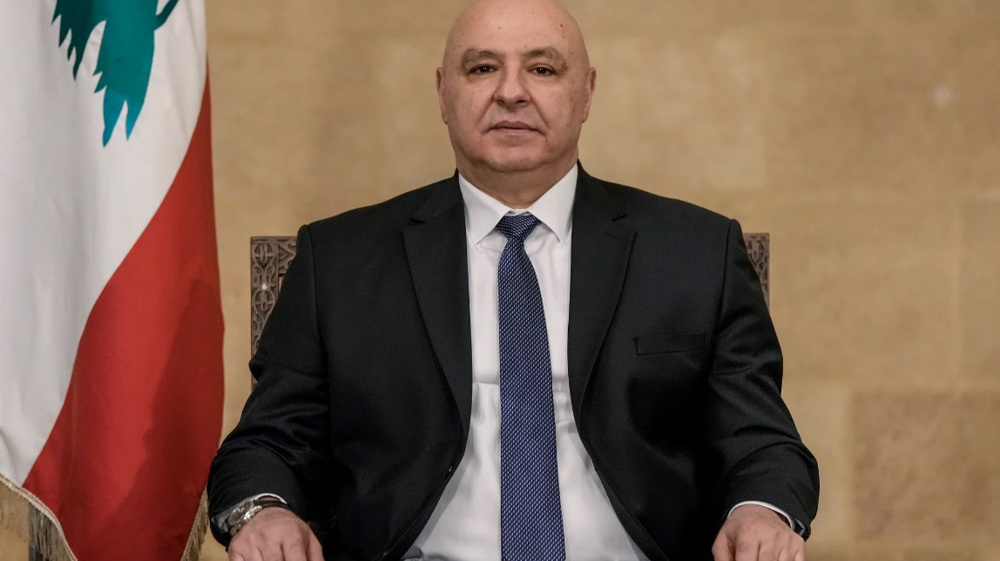
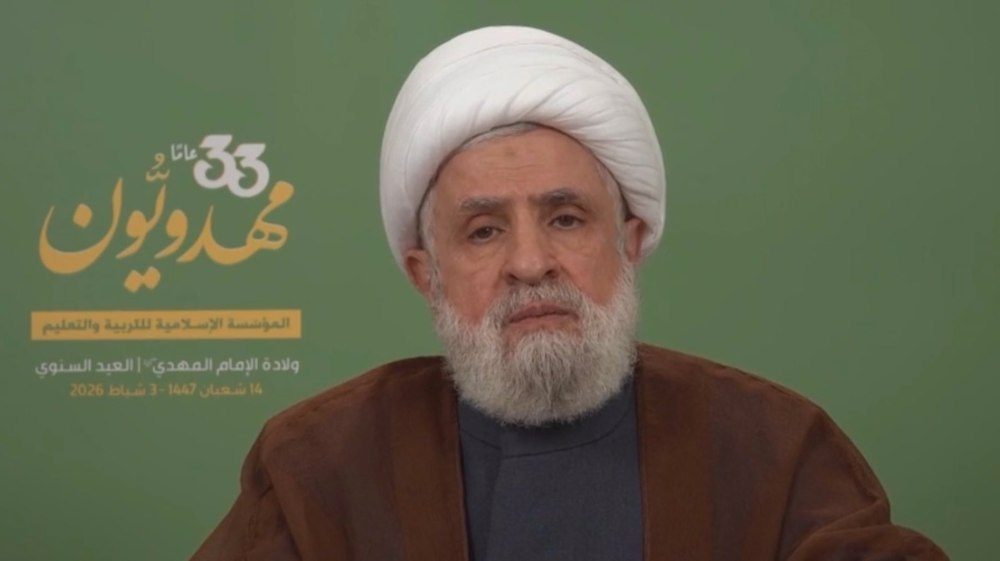




 This makes it easy to access the Press TV website
This makes it easy to access the Press TV website